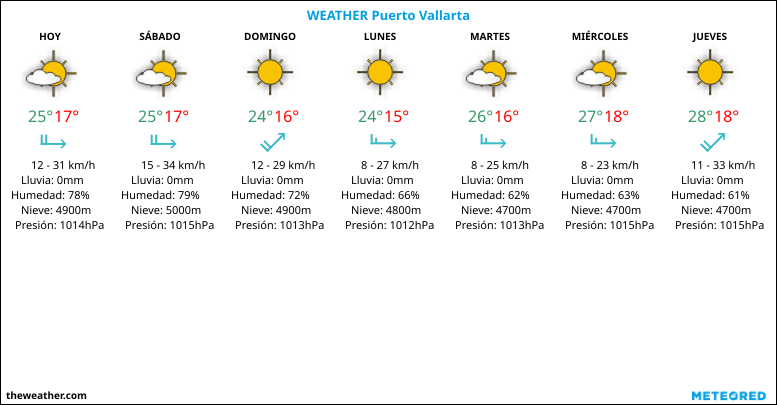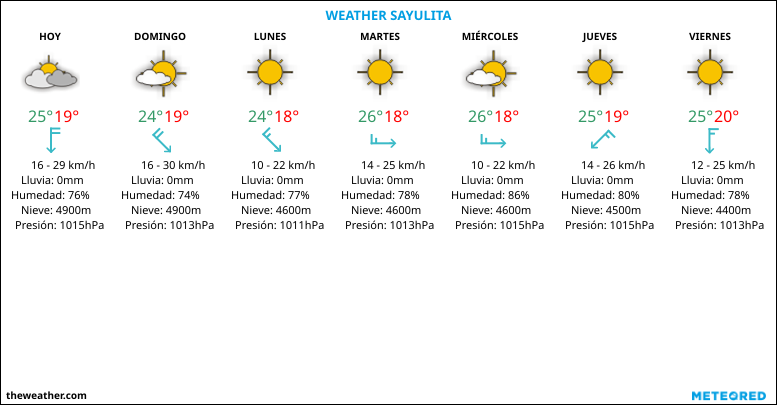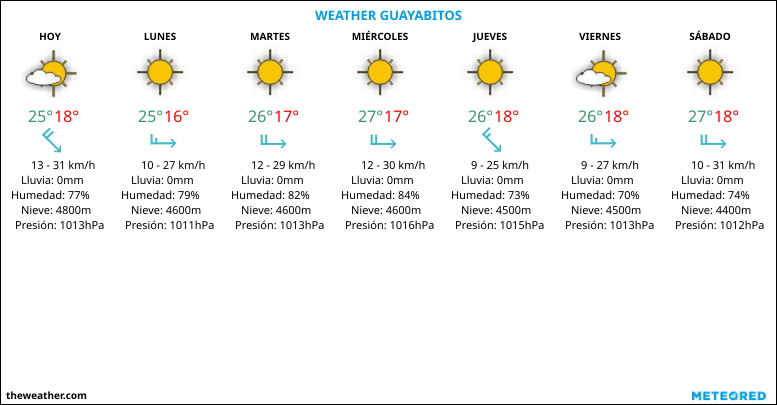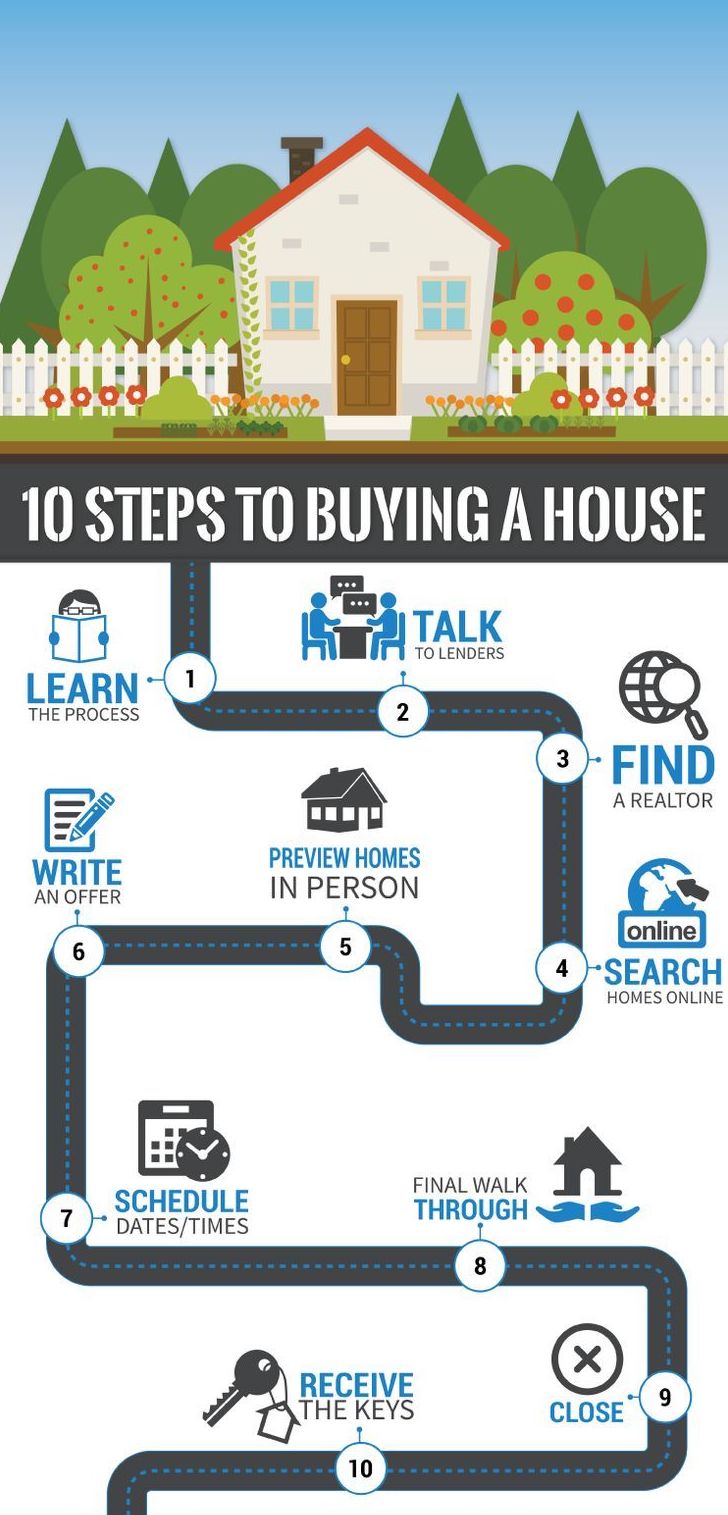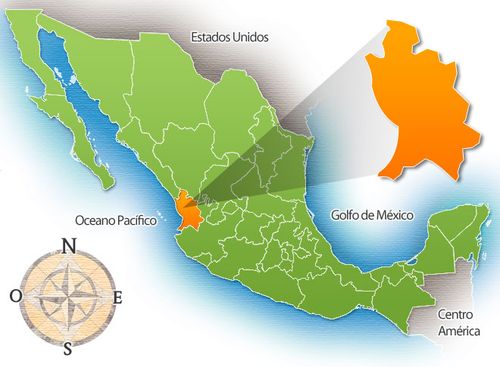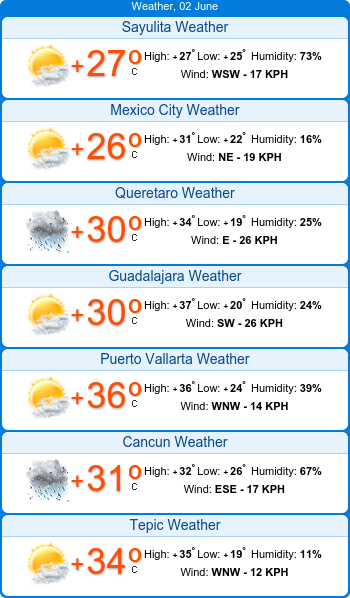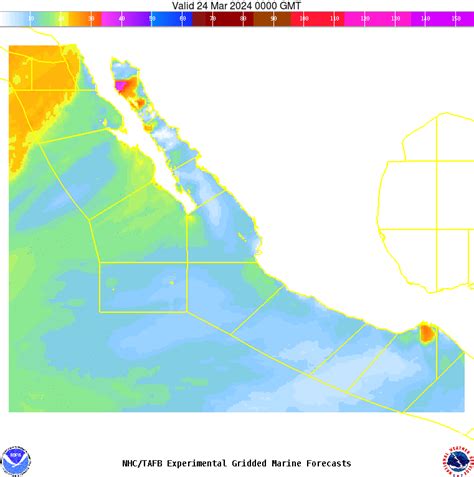How to Stop Bloating Stomach After EATING | What Your Bloating is Saying
CCMray • June 28, 2024 • 0 views
Chapters
00:00 - Intro
0:39 - How Does Bloating Happen?
1:22 - Air vs Gas?
2:04 - Exercise and Bloating
2:51 - Fiber Causes Bloating?
3:31 - Swallowing Air
4:56 - FODMAPS
6:50 - SIBO
7:14 - Get into Position
7:55 - BONUS TIP
Is Bloating Normal?
Bloating or stomach distension is super common. 18% of people around the world get bloated at least once a week. When we eat, our food is broken down and the fiber is fermented. This produces a gas that expands your belly.
What Causes Bloating? How to Reduce Bloating.
Bloating occurs in the abdominal area. It happens when large amounts of air or gas build up in the gastrointestinal tract. But how does air or gas end up there. Air gets in through swallowing it, when we eat or drink. How much air you might ask? Its about 2 quarts of air a day just from eating and drinking. The rest of that, so about 1 quart of air will travel through the small intestine and out the the backend through a process known as flatulence. Flatulence occurs anywhere from 14-18 times per day, releasing anywhere from 214 ml of gas to 705 ml of gas depending on how much fiber you are getting.
What Causes Gas in Stomach?
Air that we breathe in and gas in our GI system are two separate pathways. Gas can be in many forms We have 10x more gut organisms than we do human cells. Which is really interesting.
This means, just as much as we spend time on taking care of our cells and tissues in the body, we should spend the same amount of time on taking care of our microbiome.
Exercise for Bloating. Does Exercise Help Bloating?
The first thing you can do is increase movement before and after a meal. Light exercise after eating, such as going for a walk, may help reduce bloating for some people.
Most people go straight to the couch or lie down after a meal, instead get some light movement such as walking for five or 10 minutes before and after a meal.
Does Fiber Cause Bloating?
The fiber in plant foods is essential for regular bowel movements and preventing constipation, which may cause bloating. In the US, we are not getting nearly enough fiber in our foods. But once you increase your fiber intake, start slowly: Let your body get used to fiber in small amounts rather than loading up on fiber all at once.
Eating Slower for Bloating. Which Foods Cause Bloating?
The third thing you can do is Drink and eat slower. You see, Drinking or eating too quickly increases the amount of air you swallow. Some people actually swallow air as a nervous habit even when they're not eating or drinking too, but it happens most commonly when youre talking while youre eating.
Does Chewing Gum Cause Bloating? How to Reduce Bloating?
Another common mistake is chewing gum. What your essentially doing, is when youre chewing gum, you are telling your body you are ready to eat and the body releases acids and enzymes that help digest food, but sometimes this can cause bloating and high acid in your stomach.
Does Soda Cause Bloating? How to Reduce Bloating?
The fourth thing you can do is avoid carbonated drinks. Carbonated drinks contain carbon dioxide, which can also build up in your GI tract and cause bloating. Especially if you are using a straw to drink them. When you place a straw in a drink, it captures some air. The air travels to your stomach upon the first sip. And if that first sip is something carbonated as well. Its a recipe for bloating.
Do FODMAPS Cause Bloating?
The fifth thing, I want to spend a little bit more time on because I think its quite important. And its about the topic of FODMAPS. Which stands for Fermentable oligosaccharides, disaccharides, monosaccharides and polyols (FODMAP). These are foods that our digestive enzymes can’t break down, so what happens is our good microbiome will ferment them, and when they do, we get gas.
What is Bloating?
Bloating refers to the feeling of fullness and tightness in the abdomen, often accompanied by gas and discomfort. While occasional bloating is normal, persistent or severe bloating may indicate underlying digestive issues that need attention.


